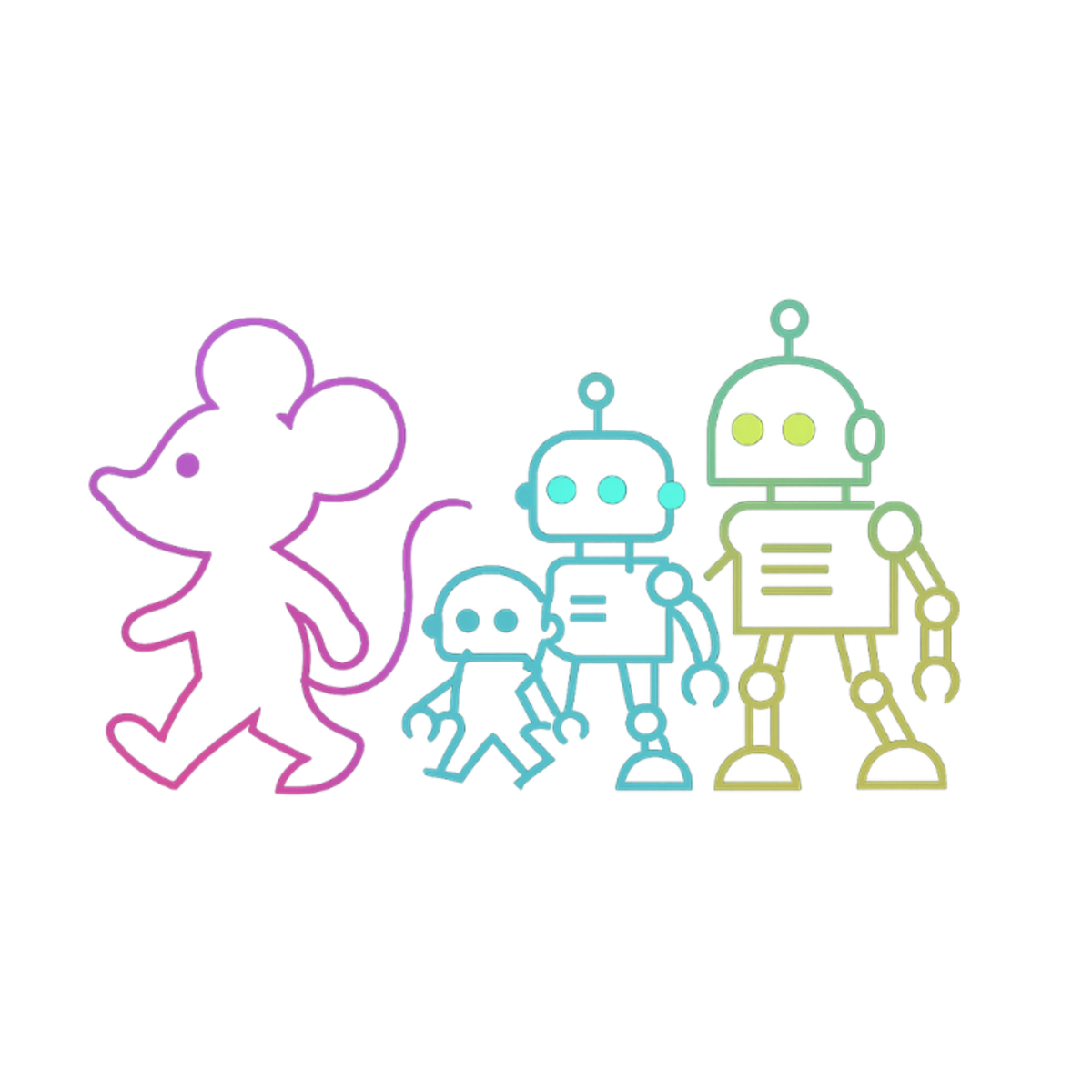Artificial intelligence is no longer just about generating content, whether it’s text, visuals, or code. The future lies in systems that can autonomously plan, act, and adapt, creating direct business value by integrating with enterprise workflows. That’s the promise of agentic AI, and it’s why organizations that stop at generative capabilities are being left behind.
From Prompt to Proactive
Generative AI tools like GPT can produce draft copy, marketing emails, or code snippets in moments. But they require a human to ask the next question, push the next button, or make the next move. Agentic AI flips that script. These systems define goals, sequence tasks, interface with multiple tools or systems, and execute workflows, often with minimal or no human prompting. According to McKinsey, this turns AI from a utility into a proactive collaborator, unlocking scalable value across businesses.
In customer service, agents are evolving from chat responders to virtual team members who handle entire support workflows, autonomously triaging requests, pulling data, and escalating only when needed. In IT departments, agentic platforms now manage incident resolution, patch application, and system diagnostics without manual intervention. One example even reports a 52% cut in complex case handling time.
Why Generation Alone Isn’t Enough
As TechRadar points out, simply deploying smarter AI models doesn’t guarantee ROI. Many horizontal applications, copilots and chatbots, fall flat because they lack integration with business systems. Agentic AI, by contrast, automates workflows, connects across tools, and acts on real time data. That’s the next frontier and it requires reimagining workflows from the ground up.
Agentic AI is delivering real impact. In manufacturing, agents predict maintenance issues and reduce downtime. In finance, autonomous trading agents adjust strategies as conditions change, optimizing outcomes. And in enterprise software, leading firms like Salesforce are launching AI “Agentforce” to resolve support tickets and automate customer communication, with internal teams refocusing on creative, high impact work.
Transitioning to agentic AI is not just a feature shift, it’s an architectural one. Enterprises must build AI into the core of workflows, not bolt it on. This means establishing agent pools, memory layers, orchestration pipelines, and governance frameworks that ensure safe, ethical, and traceable autonomy across operations. Gartner even forecasts that by 2028, 33% of enterprise applications will embed agentic AI, up from nearly zero today.
The Imperative to Act
Generative AI opened the door. Agentic AI is building the house. If you're leading an organization thinking AI means automation and productivity gains, the future expects more. It expects AI that takes initiative, a system that doesn't wait, but ensures workflows complete. The companies that define the AI native enterprise won’t be those selling tools, they’ll be those delivering autonomous outcomes. And those who ignore this shift risk being automated out of relevance.
Sources
https://www.mckinsey.com/capabilities/quantumblack/our-insights/seizing-the-agentic-ai-advantage
https://www.businessinsider.com/generative-ai-evolution-software-companies-develop-ai-agents-workforce-2025-3
https://www.techradar.com/pro/the-enterprise-ai-paradox-why-smarter-models-alone-arent-the-answer

